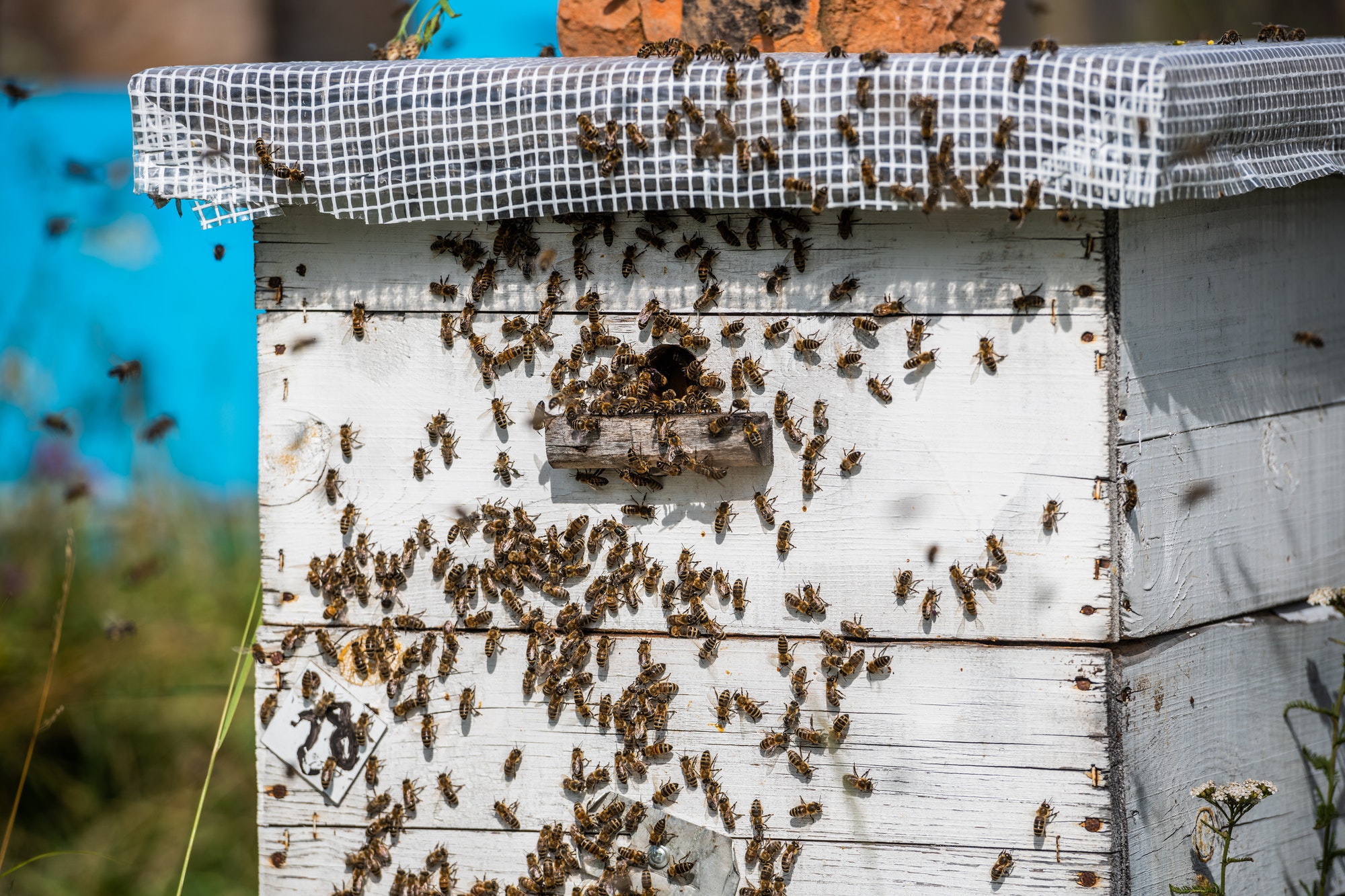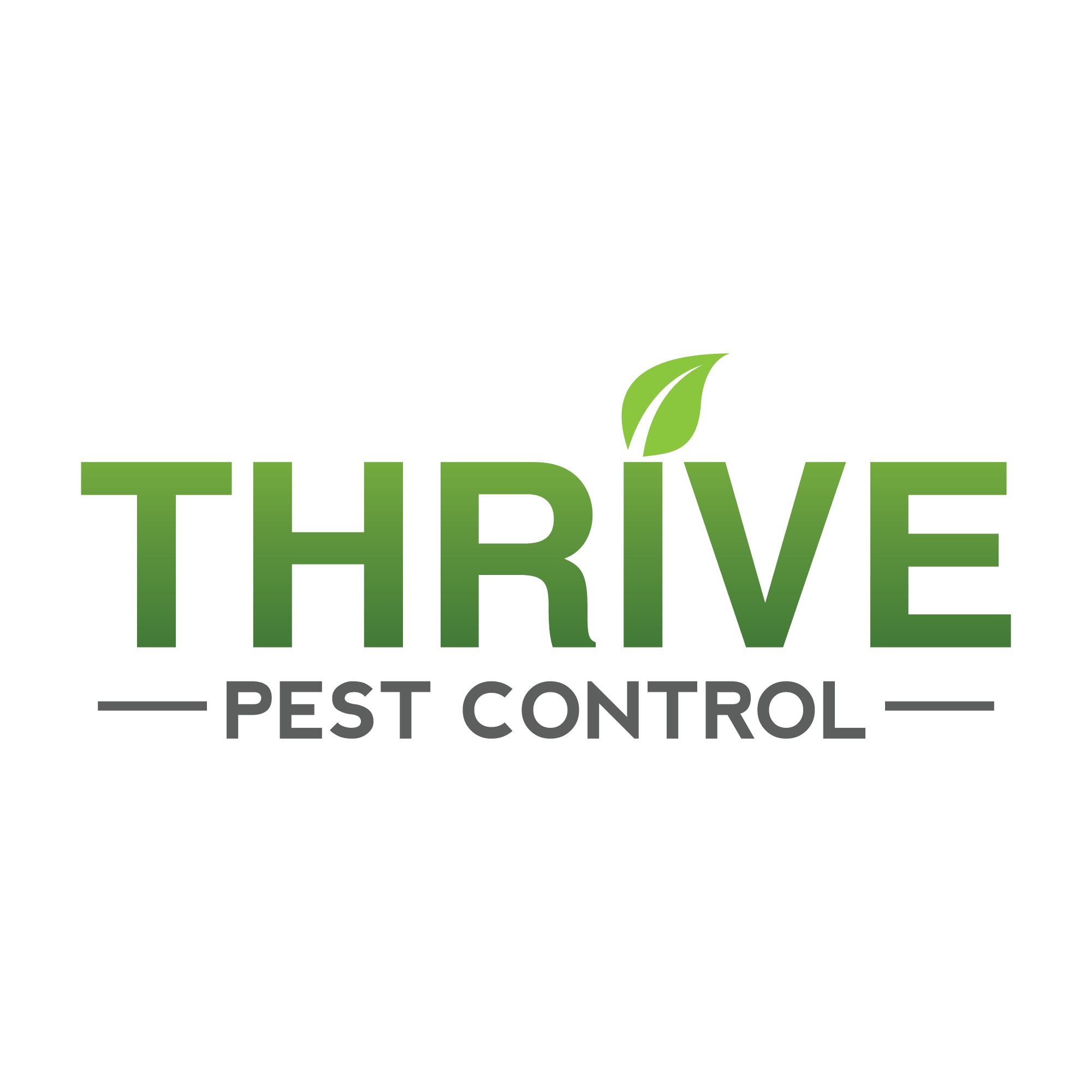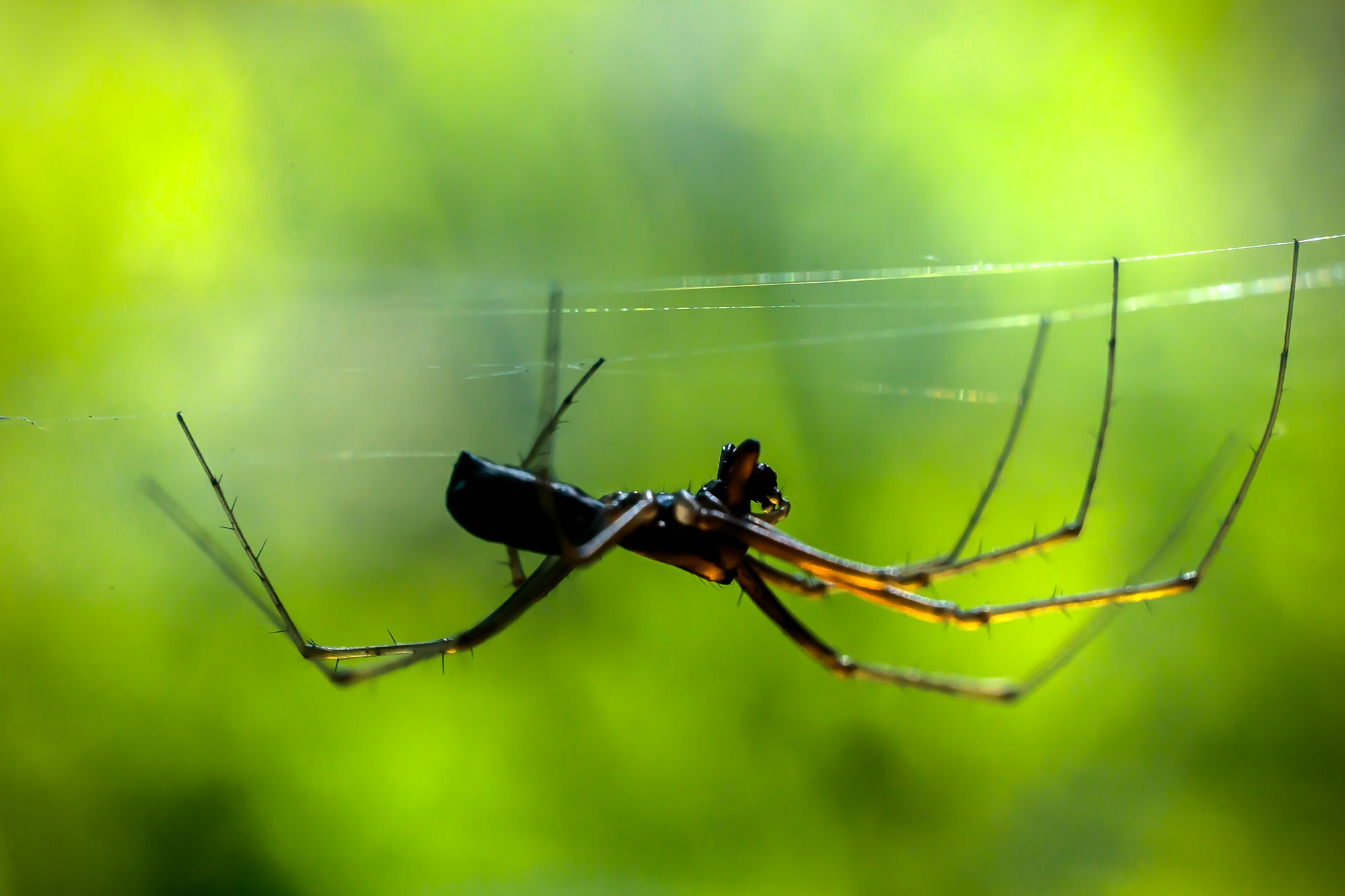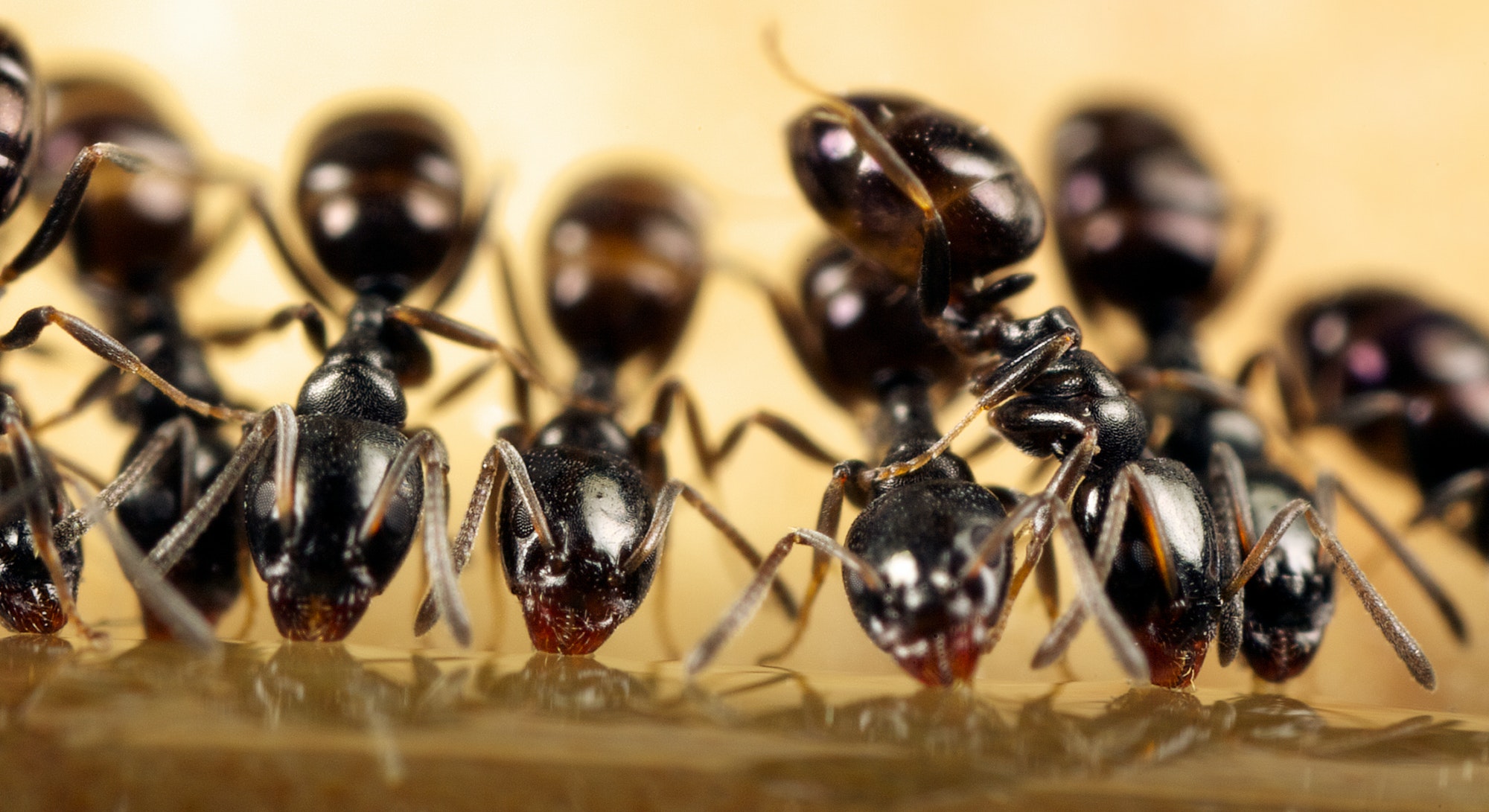Why Bees Are Important For The Ecosystem?
“A bee is a winged insect with branched body hairs that feed on flowers. These creatures are highly dependent on pollen as a protein source while also being dependent on nectar or oils as an energy source. According to www.trulynolen.ca, Bees are mostly seen as small insects but their size can vary, from 2 millimeters (0.08 inches) to 4 centimeters (1.6 inches) long. Commonly, bees are colored yellow and black, but there are other colors such as gray, brown, red, metallic green, or even blue. Trulynolen.ca also states there are 3 different types of bee within each colony- the queen bee, the regular female bee (infertile worker), and the male bee (a drone). Only the queen bee has the ability to reproduce.
The drone’s only job is to mate and die after doing so. The queen’s only job is to lay eggs for her entire life. The infertile worker bees have several jobs that maintain the survival of the hive. They clean the hive, collect pollen and nectar to feed the entire colony, and take care of the queen’s offspring.
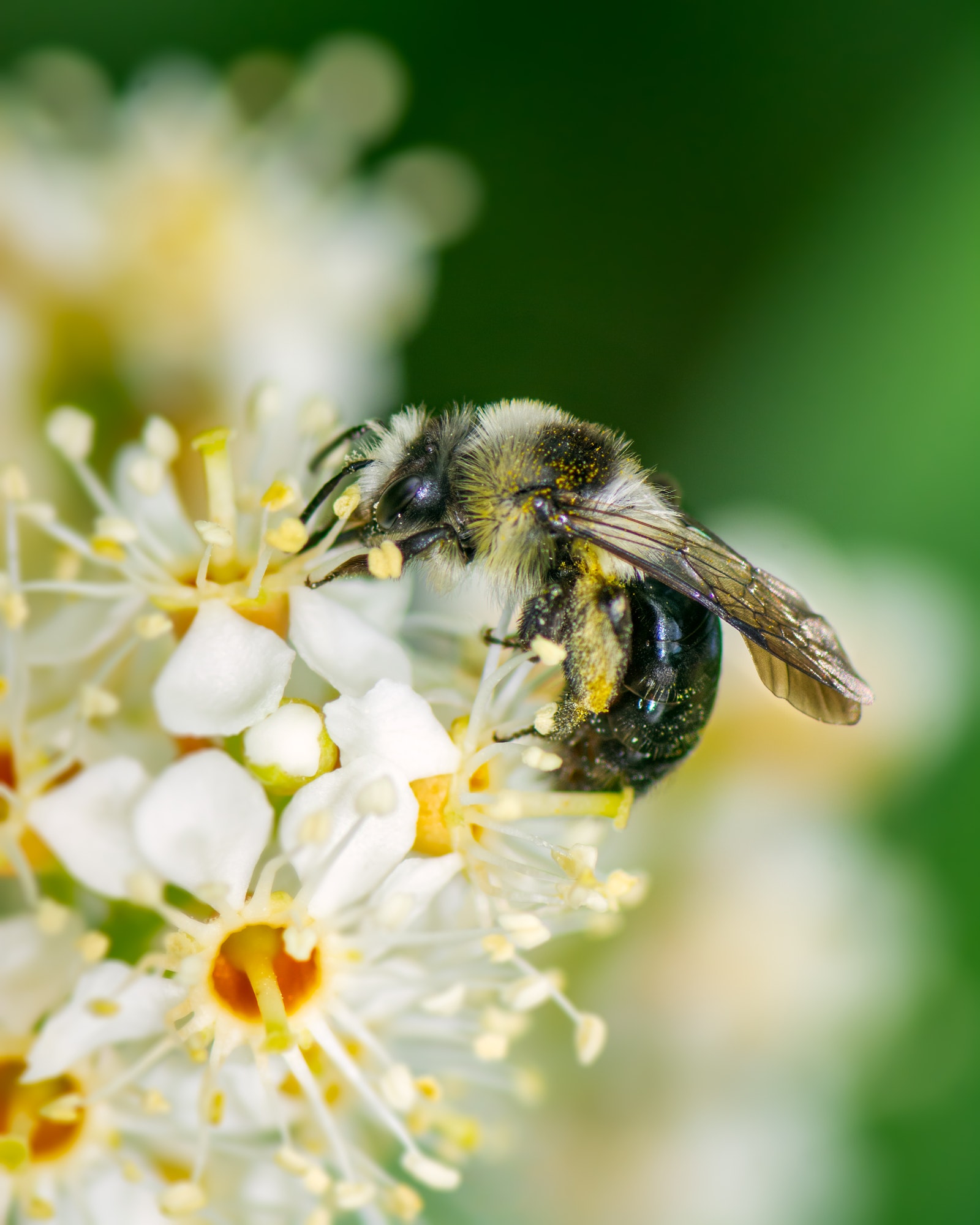
In addition, honey bee queens can live up to 5 years, the average lifespan being two or three years compared to a female worker bee, whose lifespan only averages to 6 weeks. In this essay, I will be discussing how bees positively affect our food security, farming and income, and how bees provide biodiversity and environmental protection.
Bees are prominent for their role in providing high-quality food such as honey, royal jelly, and pollen. They are also needed for healthcare products and other areas where their beeswax, propolis, and honey bee venom are used. However, bees do so much more than just that. Quoting worldbee.org, one of their greatest accomplishments is their pollination being nearly 3 quarters of the plants that produce 90% of the world’s food. This website also claims that a third of the world’s food production depends on bees. To be more specific, every third spoonful of food is dependent on pollination.
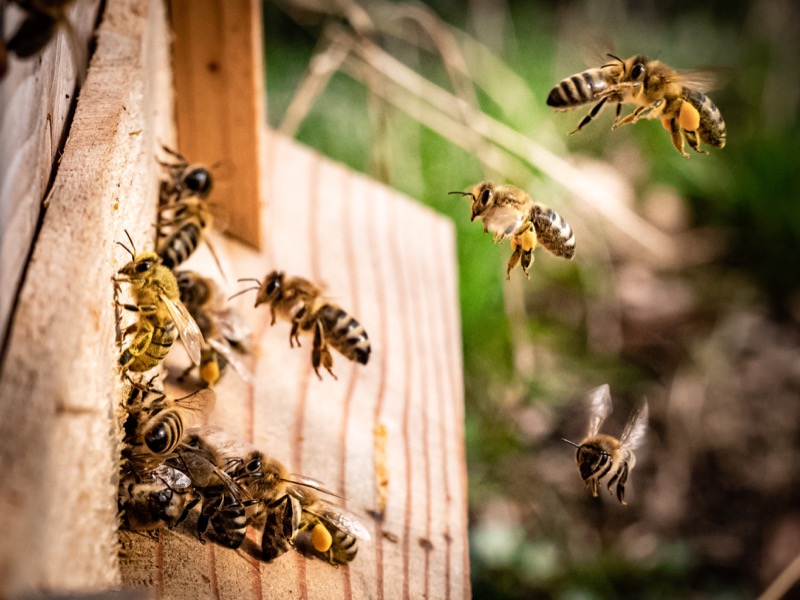
Bees not only provide food security, but these insects also give us income. In 2016, the Intergovernmental Science-Policy on Biodiversity and Ecosystem Services conducted an international study that estimated the annual global production of food depending solely on pollination roughly being worth $235 to $577 billion.
Not to mention, agricultural plants that do require pollination are an important source for both jobs and income for farmers, notably small farmers, and family-owned farms that dwell in developing countries. Bees are essential for not only the ecological balance and biodiversity in nature, but they also provide one of the most recognizable ecosystem services through pollination, which is what makes food production possible.
As stated in worldbeeday.com, they protect and maintain ecosystems while also contributing to both genetic and biotic diversity. Bees can also act as an indicator of the state of an environment. José Graziano da Silva, Director-General of the Food and Agriculture Organization, quotes ”Bees are a sign of well-functioning ecosystems.” Worldbeeday.com also states how bees’ presence, absence, or quantity can help us determine when something is happening within an environment and what action is needed to solve it.
Bees are vital for our life to continue. Without bees, we wouldn’t be where we are today. Bees are so important to our ecosystem. They not only positively affect our food security by providing high-quality honey, royal jelly, and pollen, but they also secure income and provide biodiversity and environmental protection.
